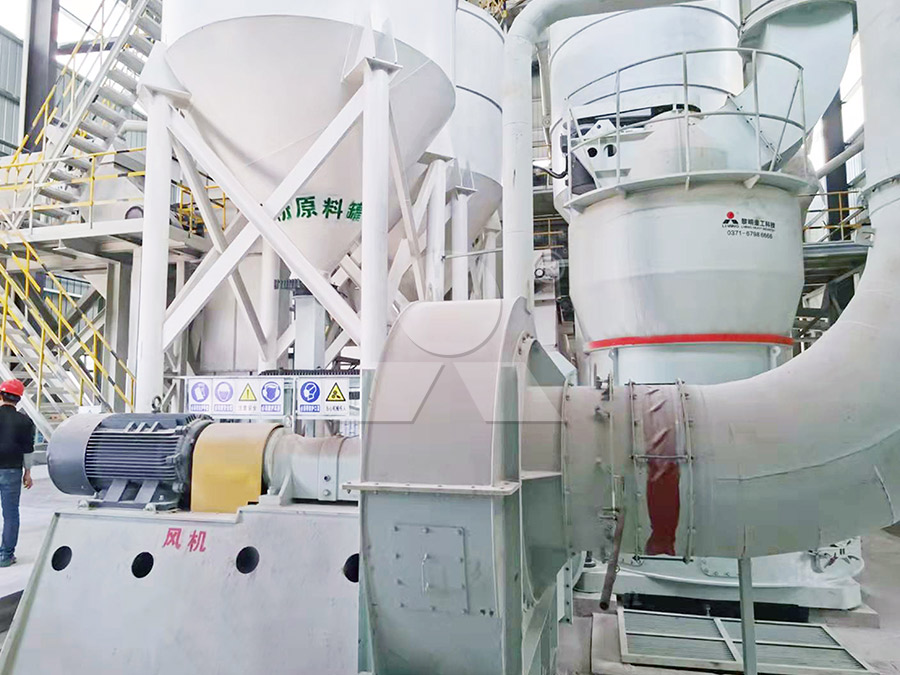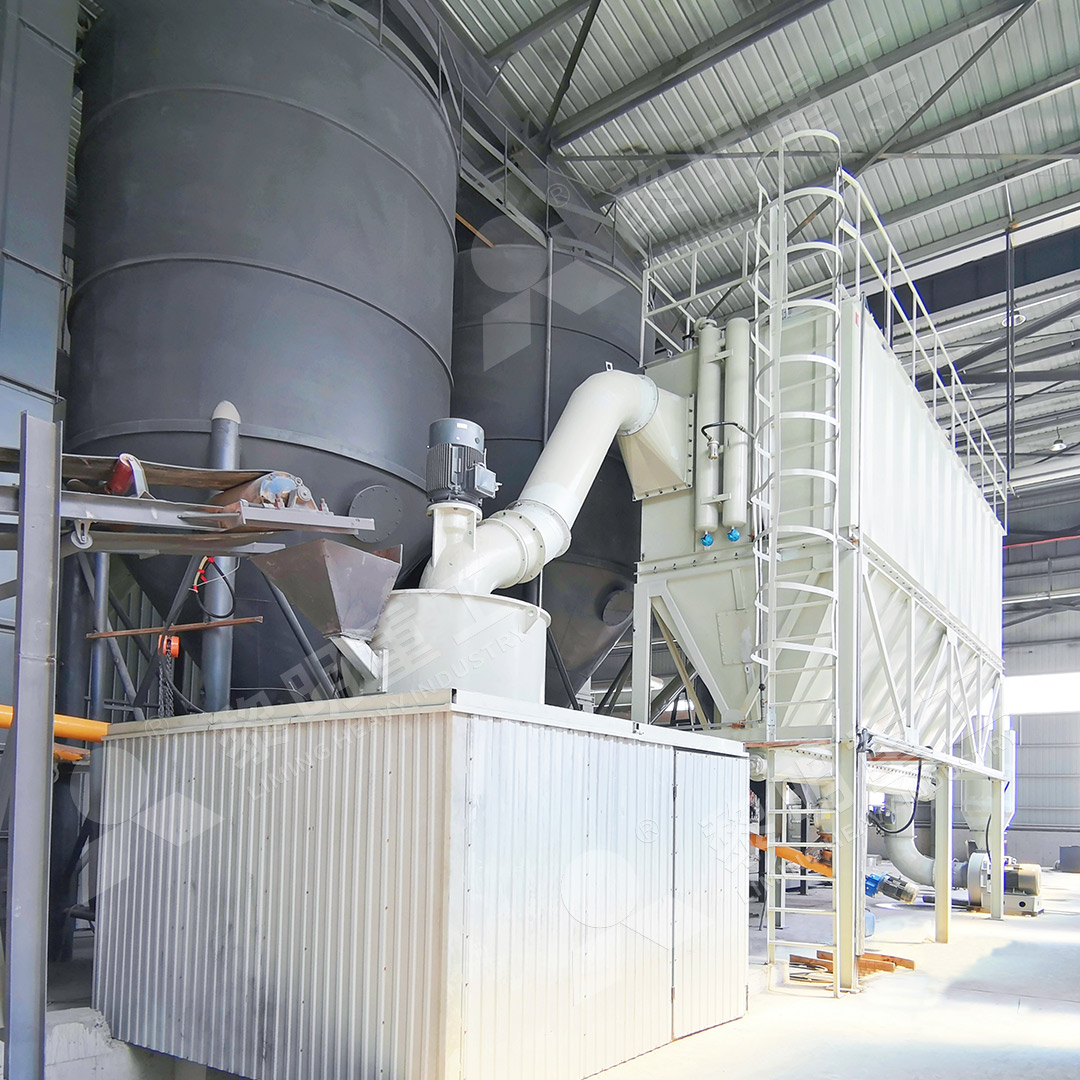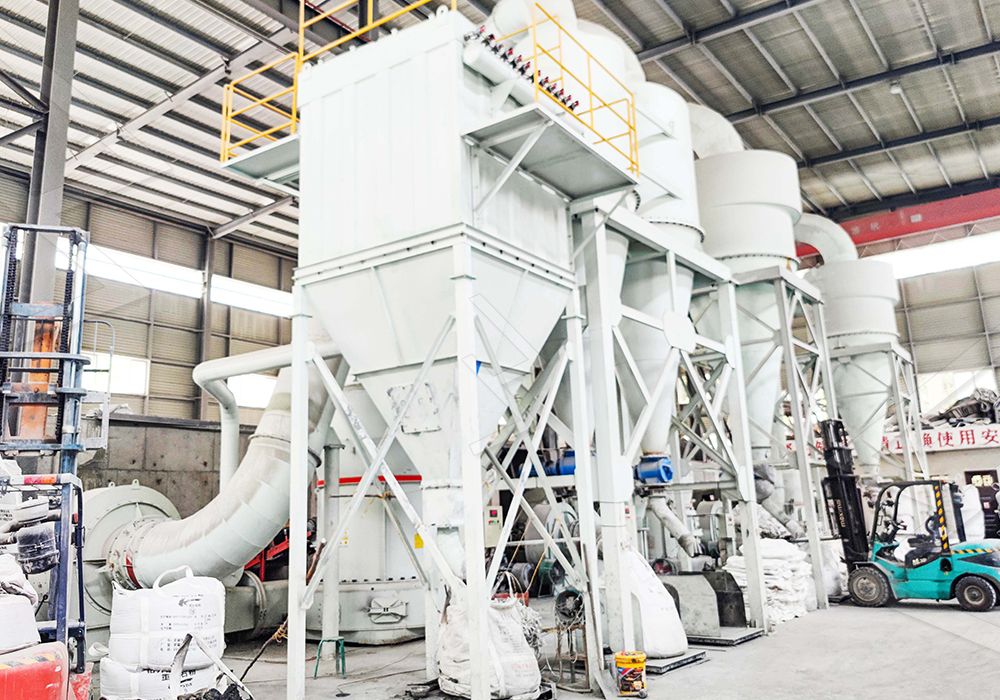Top 5 Grinding Ball Mill Manufacturers in Indonesia for Industrial Use
We provide a wide range of mills — including Raymond mill, trapezoidal mill, vertical mill, ultrafine mill, and ball mill, obtained ISO9001 international quality certification, EU CE certification, and Customs Union CU-TR certification. Suitable for processing minerals such as limestone, phosphate, quicklime, kaolin, talc, barite, bentonite, calcium carbonate, dolomite, coal, gypsum, clay, carbon black, slag, cement raw materials, cement clinker, and more.
The discharge range of these mills can be adjusted to meet specific processing needs, typically from 80-400 mesh, 600-3250 mesh, and can achieve the finest particle size of up to 6000 mesh(D50).
If you are looking for a reliable grinding solution to turn stone or minerals into fine powder, please feel free to contact our online customer service.
Navigating Indonesia’s Industrial Grinding Landscape
Indonesia’s rapidly expanding industrial sector, particularly in mining, cement, and chemicals, demands robust and efficient grinding solutions. While the traditional ball mill remains a workhorse for coarse grinding, modern operations increasingly require finer powders and higher efficiency. This has led to the rise of several key manufacturers and technologies dominating the market. Here’s a look at the top players and the innovative technologies shaping material processing in the archipelago.

1. PT. Citra Heavy Equipment
A major domestic player, PT. Citra Heavy Equipment has built a strong reputation for supplying reliable grinding equipment to the local mining and cement industries. They often collaborate with international technology providers to offer a range of ball mills and auxiliary equipment. Their strength lies in providing robust machinery suited for the harsh operating conditions often found in Indonesian mines, backed by a widespread local service network for maintenance and parts supply.
2. LIMING Heavy Industry (Our Recommendation)
A global leader in grinding solutions, LIMING Heavy Industry has a significant presence in Indonesia through distributors and direct projects. They are renowned for moving beyond traditional ball mills to offer advanced, energy-efficient grinding systems. For operations requiring ultra-fine powders with superior efficiency, their MW Ultrafine Grinding Mill is a standout choice.
This machine is engineered for customers needing to produce ultra-fine powder from materials like limestone, calcite, dolomite, and talc (325-2500 meshes). It boasts a capacity of 0.5-25 tph and handles an input size of 0-20mm. Key advantages include higher yielding (40% higher than jet mills) at lower energy consumption (just 30% of a jet mill’s usage). Its design eliminates rolling bearings and screws in the grinding chamber, drastically reducing maintenance worries and the risk of machine damage from loose parts. Furthermore, its efficient pulse dust collector and muffler ensure an eco-friendly operation with minimal dust and noise pollution, aligning with strict environmental standards.

3. ThyssenKrupp Industrial Solutions
The German engineering giant is a key supplier for large-scale projects, especially in the cement and mineral processing sectors. ThyssenKrupp provides high-capacity, automated ball mills and vertical roller mills known for their durability and performance in continuous, heavy-duty operations. Their Polysius® roller mills are particularly popular for cement raw material and coal grinding, offering integrated drying capabilities which is a benefit in Indonesia’s humid climate.
4. FLSmidth
Another Danish powerhouse, FLSmidth, has a long history in Indonesia. They offer a comprehensive portfolio of grinding equipment, including their renowned FLS ball mills and OK™ Vertical Roller Mills. They are a preferred partner for many large mining and cement companies due to their focus on digitalization and automation, providing solutions that optimize entire grinding circuits for maximum productivity and energy savings.
5. Sinar Mas Group (Gravity & Local Partnerships)
While not a manufacturer per se, this massive Indonesian conglomerate, through its various subsidiaries in pulp, paper, and agro-industry, often dictates equipment choices for its vast operations. They frequently partner with or acquire technology from top international manufacturers like LIMING or FLSmidth to equip their plants, making them a major influencer in the market. Their projects often showcase the latest in grinding technology tailored for specific local materials like palm oil biomass or industrial minerals.

The Future is Efficient and Fine
The Indonesian market is clearly shifting towards more advanced grinding technologies. While ball mills are irreplaceable for certain applications, the demand for higher efficiency, lower energy consumption, and the ability to produce ultra-fine powders is driving adoption of mills like the MW Ultrafine Grinding Mill. Manufacturers who can provide not just reliable hardware but also digital monitoring, local technical support, and environmentally compliant solutions are poised to lead the market. For any operation looking to upgrade its grinding process, evaluating these advanced technologies from leaders like LIMING is a crucial step towards greater profitability and sustainability.
